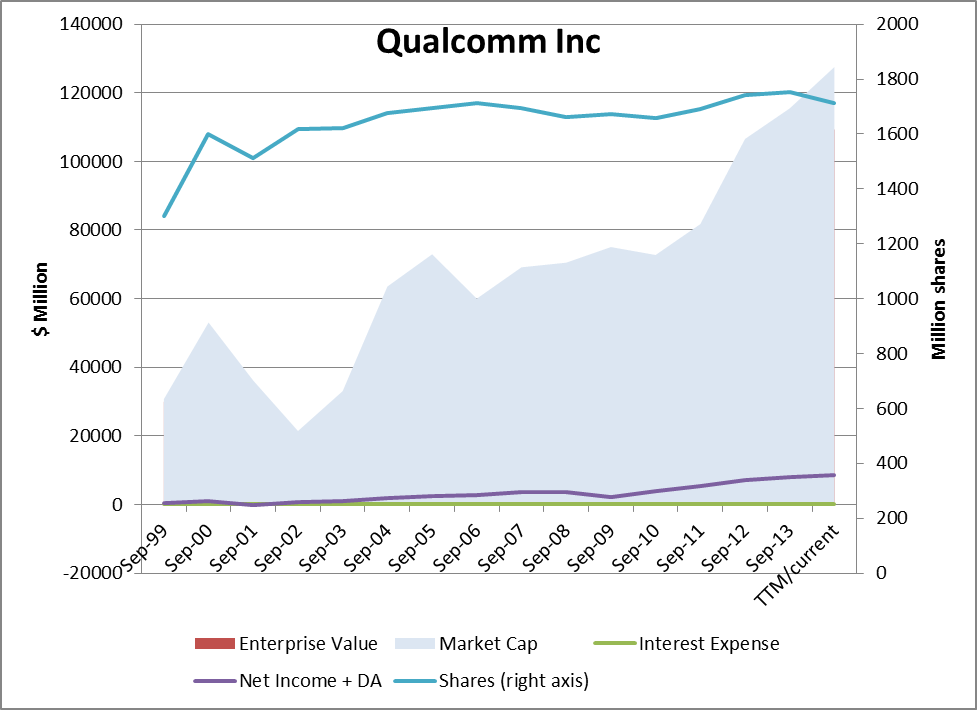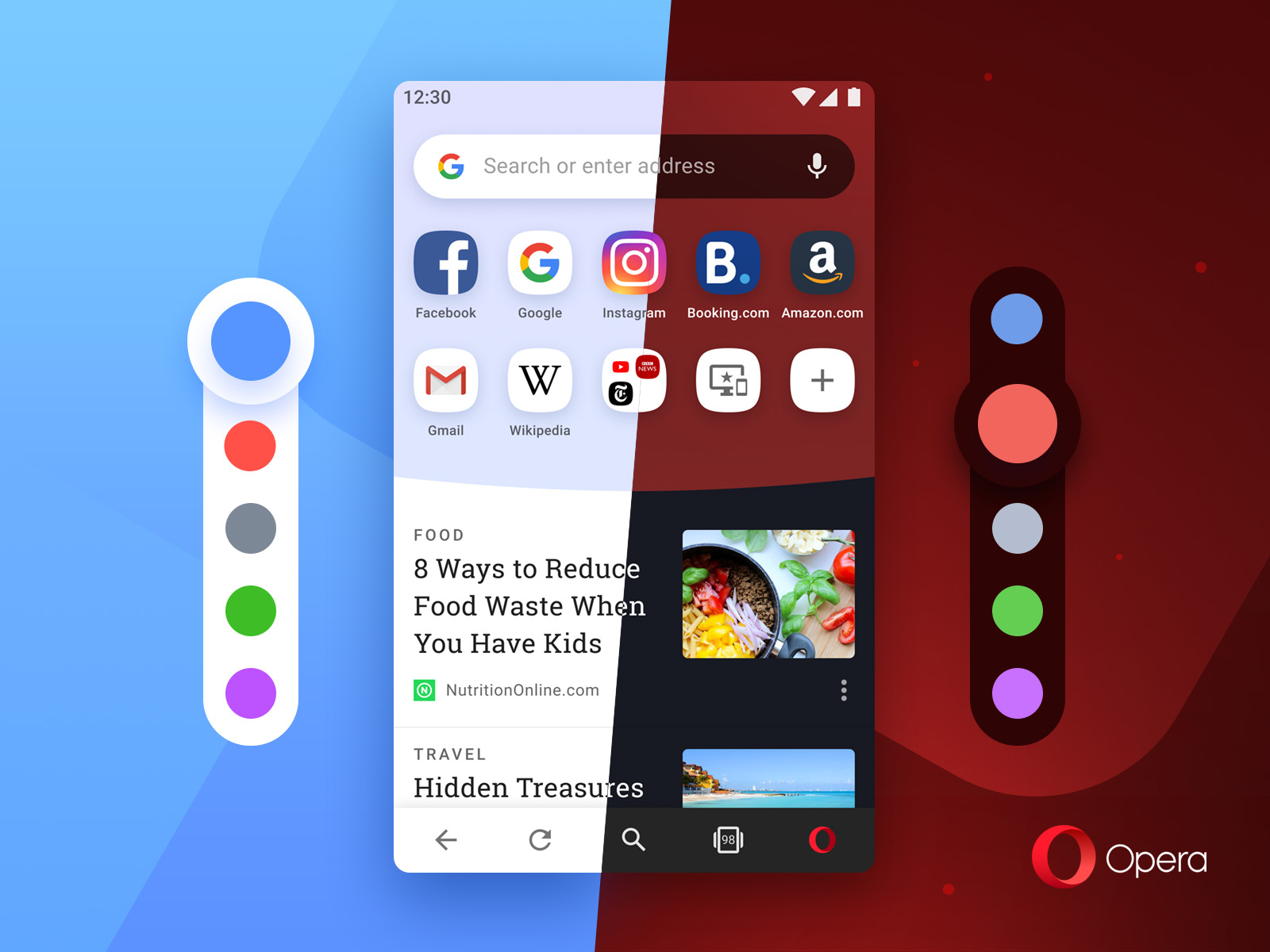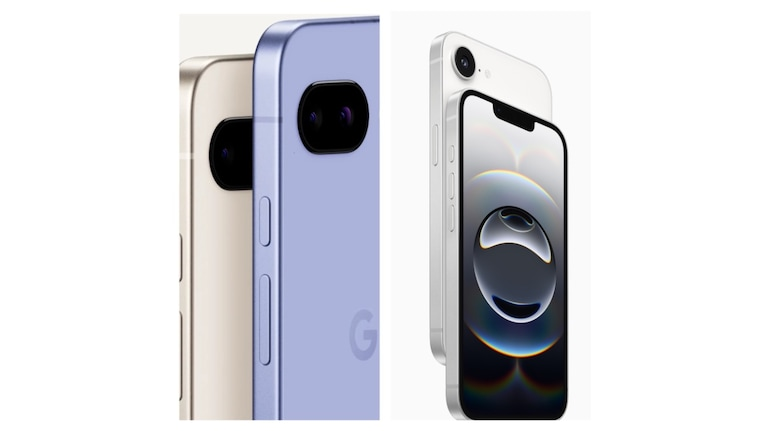The Apple Google browser competition has become a hot topic in the tech world, especially after recent findings by the UK Competition and Markets Authority (CMA). This investigation has unveiled how both tech giants maintain a duopoly in the mobile browser market, hindering the progress and innovation of potential competitors. With the CMA likely to recommend antitrust action aimed at these powerful companies, the implications for mobile web innovation are significant. Central to the investigation is Apple’s restrictive use of its Safari web rendering engine, which creates barriers for third-party browsers that could deliver superior performance and security. As the CMA’s probe continues, it highlights the necessity of fostering a competitive landscape that benefits consumers and developers alike.
The ongoing rivalry between Apple and Google in the arena of mobile web browsers has raised critical questions about fair competition and innovation. The enforcement of policies by these tech behemoths has not only impacted the market dynamics but has also stifled the growth of alternative browsers. With regulatory bodies like the UK CMA stepping in to assess their strategic market status, the landscape may soon shift dramatically. An investigation into their antitrust practices has illuminated how both companies restrict technological advancements, particularly through Apple’s exclusive control over its web rendering ecosystem. This scrutiny reflects a broader concern regarding the balance of power in the evolving digital marketplace.
Understanding the Mobile Browser Duopoly
The mobile browser market is dominated by two key players: Apple and Google. This duopoly restricts competition significantly, as evidenced by findings from the UK Competition and Markets Authority (CMA) in 2021. The CMA’s investigation revealed that both companies utilize their market power to stifle innovation among smaller competitors. This lack of competition can lead to outdated technologies and limited options for users, ultimately harming the overall growth of mobile web innovation.
Furthermore, the CMA noted that Apple specifically enforces a myriad of policies that inhibit third-party browser functionality on iOS. This partial control over the browser ecosystem means that alternative browsers are unable to fully utilize the features offered by the Safari web rendering engine, compromising user experience and development potential. As Apple and Google continue to dominate the mobile web space, the implications for consumer choice and browser capabilities remain serious areas of concern.
CMA Investigation and Antitrust Action
The CMA has been proactive in its investigation into the antitrust behaviors exhibited by Apple and Google in the mobile browser landscape. As both companies potentially qualify for strategic market status (SMS), the CMA will likely recommend antitrust actions aimed at dismantling these competitive restrictions. Their scrutiny reflects a broader trend of regulatory bodies taking steps to ensure healthier competition across digital markets, particularly in the wake of growing monopolistic concerns.
The findings of the CMA’s investigation extend beyond mere observations; they lay the groundwork for possible reforms in how mobile browsers operate. This could mean implementing regulations that foster equitable access to web rendering engines and ensuring that innovation is no longer suppressed by the existing duopoly. The anticipated antitrust actions might compel Apple and Google to adapt their policies, which could significantly alter the dynamics of the mobile browser market.
Impact of Apple and Google’s Policies on Innovation
Apple’s stringent regulations surrounding its Safari web rendering engine clearly impact third-party developers’ ability to innovate. By confining developers to a limited set of functionalities, Apple not only fortifies its own browser but also marginalizes competing browsers that might offer superior performance or security features. This approach runs counter to the very spirit of innovation that drives the tech industry, limiting what users can experience on their devices and curtailing creative solutions from emerging.
Google’s competitive tactics, including the recent evidence shared with the CMA regarding prompts for setting Chrome as the default browser, indicate a reluctance to fully relinquish its grip on the market dynamics. Such maneuvers suggest a calculated strategy aimed at maintaining dominance rather than a commitment to enhancing user choice. As public awareness of these policies grows, so too does the pressure for both companies to foster an environment that promotes mobile web innovation rather than stifling it.
The Future of Mobile Browsing: A Call for Change
As the CMA wraps up its investigation into Apple and Google’s potential SMS status, the future of mobile browsing hangs in the balance. Depending on the outcome, users could see transformative changes in how their devices interact with web content. A ruling against the current duopoly may prompt a wave of new mobile browsers that prioritize user experience, privacy, and security, fostering a more competitive landscape.
In the era of mobile web innovation, it is critical for regulatory bodies to ensure that companies like Apple and Google do not stifle emerging technologies. Increased competition could drive improvements in browsing performance and introduce innovative features that cater to a broader range of user needs. As we look forward, a more diversified mobile browser market could emerge, one that challenges the status quo and enhances the overall digital experience for consumers.
Navigating Apple’s In-App Browser Regulations
Apple’s in-app browser regulations pose significant barriers to competition within the mobile web ecosystem. These restrictions are not only detrimental to developers but also to consumers who seek variety and improved functionality. By forcing users to engage with Apple’s Safari rendering engine, third-party developers are often left at a disadvantage, unable to leverage unique features or tailor their products to distinguish themselves in a saturated market.
The implications of these regulations extend beyond mere inconvenience; they reflect a strategic move to retain consumer engagement within Apple’s ecosystem. The result is a monotony within mobile browsing where users may inadvertently forgo superior alternatives that don’t conform to Apple’s stringent requirements. Addressing these regulatory challenges is key to fostering an environment where innovation can thrive, benefiting both developers and end-users alike.
The Role of Cloud Gaming in Mobile Browsers
The CMA’s investigation into mobile browsing also highlights important intersections with other sectors, such as cloud gaming. While their main focus is on browser competition, rules affecting cloud gaming applications on iOS reveal the expansive reach of Apple’s regulatory framework. By previously imposing strict guidelines on cloud gaming apps, Apple not only restricted competition but also limited the development of new technologies that could integrate seamlessly with mobile browsers.
However, with recent amendments to its regulations, Apple demonstrates a willingness to adapt in the cloud gaming arena. This shift suggests a potential for broader reforms that could positively impact mobile browser competition as well. By prioritizing competition in the cloud gaming space, Apple may inadvertently lay the foundation for more agile and responsive browser options on its devices, paving the way for increased user choice and innovation.
The Competitive Landscape: Google vs Apple
The competition between Google Chrome and Apple Safari epitomizes the struggles within the mobile browser market. Techniques adopted by Google to popularize Chrome, alongside its integration with other Google services, create a potent ecosystem that challenges Apple’s more contained approach. Although Safari is inherently tied to iOS, and thus has a built-in user base, the tools and features Google continues to implement allow it to remain a strong contender for consumer preference.
This evolving landscape suggests a crucial need for both companies to rethink their strategies. If Google leverages its strengths in innovation without compromising user privacy, while Apple recognizes the necessity to adapt its policies, they can potentially redefine user expectations and bring exciting new features to light. Over time, healthy competition could emerge, benefiting not just their business models but also the consumers who ultimately decide the fate of their browsers.
Encouraging Competitive Practices in the Browser Market
Encouraging competitive practices within the mobile browser market requires a concerted effort from regulators and tech companies alike. The CMA’s focus on ensuring equitable access stands as a blueprint for managing duopolistic tendencies. By outlining policies that dismantle exclusive dependencies on platforms like Apple’s Safari, the groundwork can be laid for a more level playing field where innovation thrives.
Moreover, it is essential for consumers to remain informed about their rights in this evolving landscape. Understanding how browser choices affect personal data security, privacy, and overall user experience can motivate users to seek alternatives. As consumers demand more responsive and versatile browsing experiences, this could incentivize tech giants to embrace operational changes in favor of fostering competition rather than stifling it.
The Regulatory Landscape’s Importance in Mobile Browsers
The importance of regulatory oversight in the mobile browser market cannot be overstated. As the CMA and other bodies worldwide scrutinize the practices of dominant players like Apple and Google, they create a framework that holds these companies accountable for their market actions. Effective regulation can not only shield innovative developers from monopolistic strategies but also guarantee that users benefit from a diverse range of options in the mobile browser space.
By enforcing practices that promote competition, regulatory authorities play a vital role in the development of the tech landscape. Regulatory efforts must continually evolve alongside technology to ensure they adequately address emerging threats to competition and user choice. As the CMA’s investigation continues, its findings may serve as a catalyst for broader reforms that enhance competitive practices across the entire mobile web ecosystem.
Frequently Asked Questions
What impact does the CMA investigation have on the Apple Google browser competition?
The CMA investigation into the Apple Google browser competition primarily aims to address the duopoly these tech giants hold in the mobile web browser market. The probe seeks to identify how their policies restrict innovation and competition. A recent CMA report indicates that features like Apple’s Safari web rendering engine policies may hinder third-party browser development, leading to potential antitrust action if found to possess strategic market status.
How is the mobile browser market affected by Apple’s Safari web rendering engine?
Apple’s Safari web rendering engine significantly impacts the mobile browser market by limiting third-party developers’ capabilities. The CMA highlights that Apple often introduces new features to Safari that are not made available to competing browsers. This restriction inhibits innovation and enhances the competitive edge of Safari in the mobile browser market, thus contributing to the ongoing scrutiny within the Apple Google browser competition.
What concerns does the CMA have regarding mobile web innovation in the context of Apple and Google?
The CMA has significant concerns regarding mobile web innovation as it relates to Apple and Google’s control over the mobile browser market. Their investigation suggests that both companies enforce policies that inhibit competitors’ ability to innovate. For example, Apple’s requirement for developers to use its Safari web rendering engine restricts the development of potentially superior mobile browsers, thus slowing down innovation in the mobile web landscape.
What’s the significance of antitrust action in the Apple Google browser competition?
Antitrust action in the Apple Google browser competition is significant as it could reshape the mobile web landscape by promoting fair competition. The CMA is assessing whether Apple’s and Google’s practices violate competition laws, possibly leading to remedies that enhance user choice, foster innovation, and curb restrictive behaviors within the mobile browser market.
How have Apple and Google responded to the CMA’s findings on mobile browsers?
In response to the CMA’s findings on the mobile browser competition, both Apple and Google have made limited changes. Apple updated iOS to facilitate easier switching between default browsers, while Google adjusted prompts encouraging users to select Chrome as their default. However, these measures have only partially addressed the CMA’s concerns about competition and innovation in the mobile web browser market.
What does SMS mean in the context of the mobile web browser market and the CMA investigation?
In the context of the mobile web browser market, SMS stands for Strategic Market Status. If the CMA concludes that Apple and Google hold SMS, it could lead to significant changes in how they operate within the mobile browser market. This status would subject them to stricter regulations aimed at promoting competition, enhancing user choice, and encouraging innovation amongst mobile browsers.
| Key Points | Details |
|---|---|
| CMA Investigation | In 2021, the UK CMA found that Apple and Google control a duopoly in the mobile browser market. |
| Impact on Innovation | Both companies are accused of hindering innovation by implementing restrictive policies on their platforms. |
| Antitrust Implications | If deemed to have strategic market status (SMS), CMA may recommend antitrust actions against Apple and Google. |
| Reported Changes | Apple and Google made minimal adjustments to address some CMA concerns, but many issues remain unresolved. |
| Safari Restrictions | Apple forces developers to use Safari’s rendering engine, limiting competition and innovation in the mobile browsing space. |
| Revenue Sharing | An agreement between Apple and Google lessens competition incentives within the browser market. |
| In-App Browser Regulation | Apple’s policies restrict user experience and traffic to alternative browsers, impacting overall competition. |
| Cloud Gaming Investigation | CMA found fewer concerns in cloud gaming after Apple made rule changes benefiting competition in that sector. |
| Next Steps | The CMA’s investigation into SMS status will conclude this year, potentially leading to remedies for competition. |
Summary
The Apple Google browser competition has reached a critical juncture, as the CMA’s findings may reshape the landscape of digital competition. The investigation highlights significant concerns regarding innovation suppression attributed to the dominant practices of these tech giants. As the CMA prepares to tackle potential antitrust actions, the implications of these findings could lead to a more competitive environment for developers and consumers alike. Ensuring true choice and innovation in the mobile web browser arena is essential for a thriving digital marketplace.



